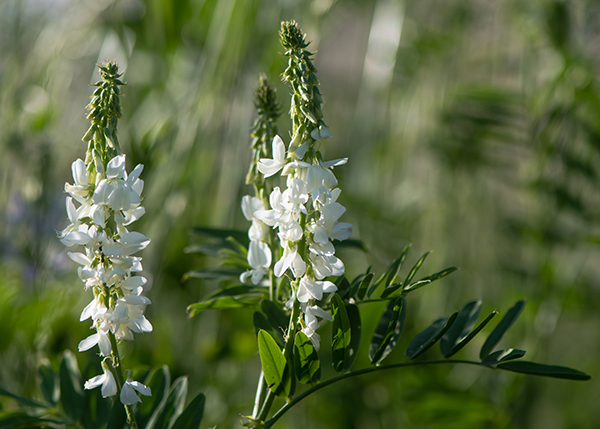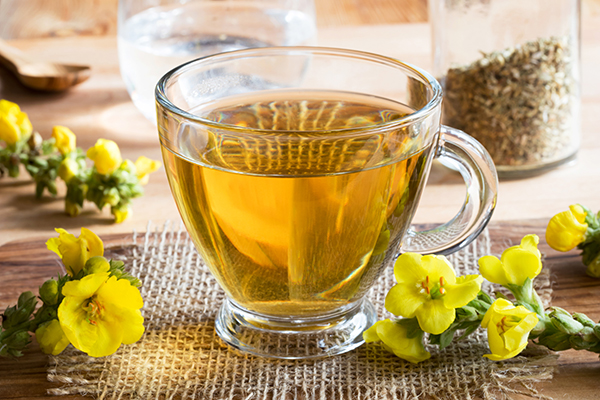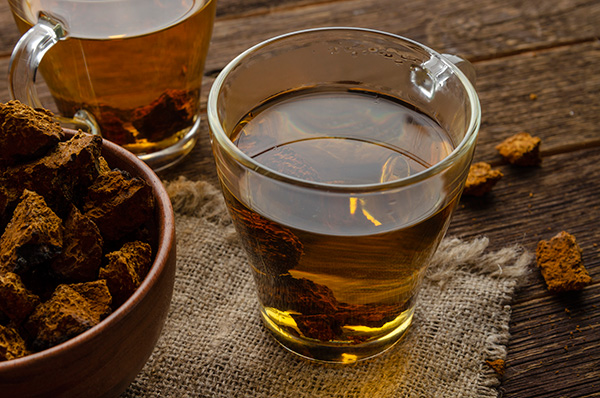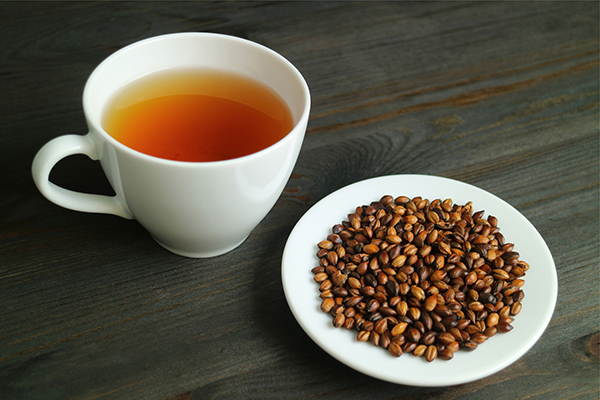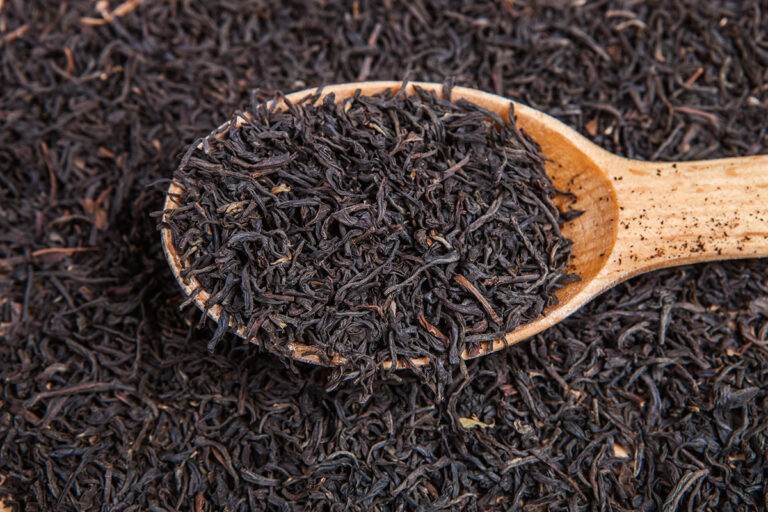Passionflower Tea: Benefits, Side Effects, and How to Make It
Passionflower tea is a soothing, aromatic drink derived from the passionflower plant, scientifically known as Passiflora incarnata. Known for its beautiful blossoms, the passionflower has been utilized in herbal remedies for centuries. The tea is created by infusing the dried leaves, stems, and flowers of this plant in hot water, producing a calming beverage rich in flavor and health-promoting properties.
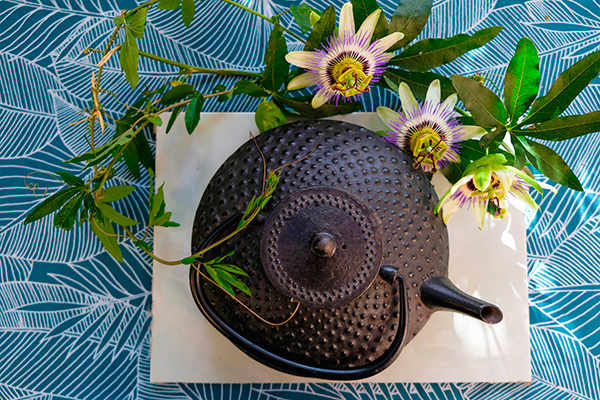
Potential Health Benefits of Passionflower Tea
Passionflower tea is more than just a tasty beverage, it also offers a range of health benefits that can improve your overall well-being.
Promotes Sleep
One of the most well-known benefits of passionflower tea is its ability to promote sleep. The plant contains compounds that act on the nervous system, inducing a calming effect which can help ease insomnia and other sleep-related problems.
Reduces Anxiety
The calming effect of passionflower also plays a significant role in reducing anxiety. The tea may help to soothe nervousness and stress, promoting a more relaxed state of mind.
May Ease Menopausal Symptoms
Studies have suggested that passionflower tea can help alleviate menopausal symptoms, such as hot flashes and night sweats. Its calming properties may also assist in dealing with mood swings and sleep disturbances during menopause.
Supports Digestive Health
Passionflower tea may help to soothe gastrointestinal issues. It’s often used as a natural remedy for stomach ailments, aiding in digestion and potentially reducing inflammation.
Passionflower Tea Side Effects
While passionflower tea provides several health benefits, it’s essential to be aware of its potential side effects.
Drowsiness
Due to its calming properties, passionflower tea may induce a state of drowsiness. This makes it a useful tool for promoting sleep, but caution should be exercised if you need to be alert, such as when driving or operating machinery.
Possible Interactions with Medication
Passionflower tea may interact with certain medications, particularly those that affect the central nervous system. If you’re on medication, it’s recommended to consult with a healthcare professional before incorporating passionflower tea into your regimen.
May Induce Hypotension
High doses of passionflower tea may cause a significant drop in blood pressure, also known as hypotension. If you have low blood pressure or are on blood pressure medications, be mindful of your consumption.
Who Should Not Drink Passionflower Tea?
While passionflower tea offers numerous benefits, it isn’t recommended for everyone. Pregnant or breastfeeding women, those with surgery scheduled within two weeks, and individuals with specific medical conditions or on certain medications, particularly sedatives, should avoid consuming passionflower tea.
How to Make Passionflower Tea
Preparing passionflower tea at home can be a simple and soothing ritual. If you’re using a store-bought product, here’s a simple guide:
- Boil water: Start by bringing a cup of water to a boil.
- Add the tea: Once your water is boiling, add a teaspoon of the dried passionflower product.
- Steep: Let the tea steep for about 5-10 minutes, depending on how strong you want your tea.
- Strain and enjoy: Strain the tea into a cup and enjoy. You can add honey or a sweetener of choice if desired.
Remember to always follow the manufacturer’s instructions on the packaging for the best results.
Passionflower Tea Blends and Branded Products
Passionflower, prized for its soothing properties, is commonly paired with other beneficial herbs to amplify its health benefits in various tea blends.
Some popular blends include passionflower with chamomile or lavender, known for their calming effects, and with lemon balm or mint, which provide a refreshing twist.
Another highly favored combination is 7 blossoms tea, a unique mix of linden flower, valerian root, passionflower, manita flower, tilia flower, spearmint leaf, peppermint leaf, lemon balm leaf, and a hint of orange oil, renowned for its sleep-enhancing qualities.
These blends and products, offered by numerous brands, bring the best of passionflower’s therapeutic potential to your teacup.
Final Thoughts
Passionflower tea is a flavorful, calming brew that offers a multitude of health benefits. However, it’s important to be aware of potential side effects and to consult with a healthcare provider if necessary. Enjoying passionflower tea in moderation can be a wonderful addition to your wellness routine.
FAQ
What Does Passionflower Tea Taste Like?
Passionflower tea has a mildly grassy taste with a hint of sweetness. Its flavor profile is often described as somewhat similar to green tea, but with a unique floral note.
When Should I Drink Passionflower Tea?
Given its calming properties, passionflower tea is best consumed in the evening or before bedtime. This can help you relax and potentially improve your sleep.
How Often Can You Drink Passionflower Tea?
While it’s generally safe for most people to consume passionflower tea daily, it’s best to follow the manufacturer’s guidelines.
How Long Can You Drink Passionflower Tea Safely?
The safe duration of consuming passionflower tea can vary between individuals and is dependent on factors such as overall health, existing medical conditions, and potential interactions with medication. Again, it’s always recommended to consult with a healthcare provider or follow the manufacturer’s instructions.
Can I Dry Passionflower for Tea Myself?
Yes, you can dry passionflower for tea yourself. After harvesting, you simply need to hang the passionflower stems upside-down in a dry, well-ventilated location out of direct sunlight. Once thoroughly dried, you can strip the leaves and flowers from the stem and store them for future use in tea.

